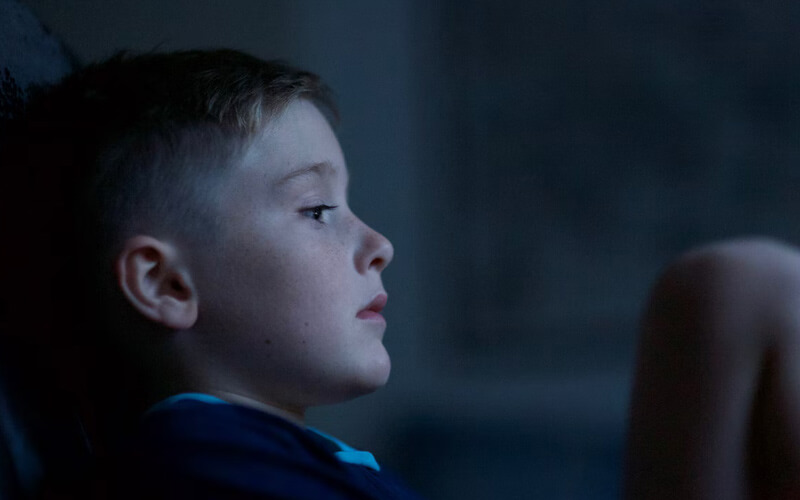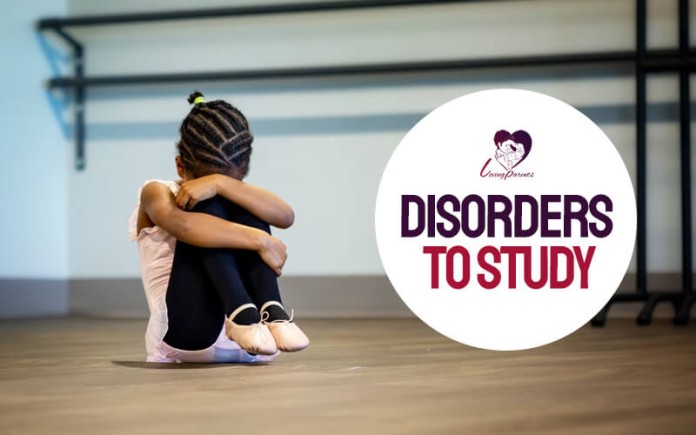Attachment Disorder Symptoms
A mood or behavioral disorder which affects a person’s ability to maintain or form relations is called an attachment disorder. This kind of disorder typically is seen and developed in childhood. This can also result when a child is unable to form an emotional connection with their parents. No formal diagnosis for adults are seen in attachment disorder, but they can experience some attachment issues. These kinds of scenarios can stem from undiagnosed attachment disorders in childhood.
In this article shall talk more about attachment disorder symptoms and more different kinds of disorders.
Adult Relationship with Attachment Disorder

Read Also: Stages Of Child Development And Tips For Parents
The attachment disorder which develops in childhood can affect the relationships in adulthood. A child who is going through attachment disorder may have difficulty in trusting people and feeling safe and secure in any relationship. As a result of this they will have difficulty in forming and maintaining healthy friendships or a romantic relationship.
Children who face attachment issues tend to fall into problems that are easily addressed to one or two distinct attachment disorders which is recognized in the Diagnostic and Statistical Manual of Mental Disorders – reactive attachment disorder (RAD) and disinhibited social engagement disorder (DSED).
Causes for Attachment Disorder.
This kind of disorder occurs when a child is not consistently connected with a parent and is having difficulty in doing this. If a young child feels that he/she is abandoned, isolated or incurred by their parents for whatever the reason may be they will learn that they can’t be dependent on others and specially the parents and feel that the world is dangerous for them and is a place that is frightening.
Read Also: Parental Love – Power and Importance
This can Happen for Many Reasons:
- A child cries and needs your attention but no one responds or gives comfort.
- A child is hungry and no one is there to attend them for hours.
- No one talks with the child or looks or smiles at them and they feel left out.
- Attention to a child is only given when he/she is displaying other extreme behaviors.
- Abuse, Trauma and mistreatment is faced by the young child.
- The child never knows what to expect from the parents as his/her needs are met sometime and sometime they are not.
- A child is separated from their parents.
- A young child is hospitalized and no one looks after the child.
- A youngster when moved from one caregiver to another due to adoption or loss of parent.
- Emotional unavailability of parents because of depression or illness.
Sometimes the cause for attachment problems are unavoidable because of circumstances but the child is too young to understand any of this thing and what has happened and why has it happened. The young child at a point feels that no one cares for him or her and then they lose trust in others and then the entire world becomes unsafe place for them.
Your child may have attachment issues if they are behaving in the below manner:
- Avoiding eye contact with anyone
- Don’t smile even when something good happens.
- Reject your efforts if you are with them to calm, soother or connect in any way.
- When you leave them alone they don’t even seem to notice it.
- Cry Inconsolably.
- Low interest in playing interactive games.
- Spend a lot of time comforting themselves.
Read Also: Coping with mental illness: Defeating the terrorist living inside our head
Signs of an Attachment Disorder Symptoms:

- An aversion to physical affection: The children with the reactive attachment disorder laughs or flinch when they are touched by another person or their parents. They rather feel that touch and affection is a threat to them.
- Control Issues: The children with the reactive attachment disorder will control themselves and go to every lengths to avoid the feeling of helplessness in their life. They are disobedient and argumentative at certain levels.
- Anger Issues: This can be expressed directly in a way by showing some tantrums or some manipulative way or it can also be expressed in a passive aggressive behavior. Childrens who go through the reactive attachment disorder (RAD) can hide their anger in socially acceptable actions that can be like hugging someone hard or giving a high five that will hurt the other.
- Showing genuine care and affection is Difficult: Children may act inappropriately affectionately with strangers while giving no or little affection to their parents.
Read Also: Serious Signs And Symptoms Of Insomnia In Toddlers
Reactive Attachment Disorder
A rare but serious condition where an infant or child does not establish any healthy attachment with their parents or any loved ones for that matter. A Reactive attachment disorder can be seen developing in a child if his or her basic need for affection, comfort, and nutrition are not met with love, care or stable attachments with others which is not established.
More stability and healthy relationships of childrens can develop with reactive attachment disorder with their parents and others with a proper treatment. Treatments like psychological counseling, parent counseling and education, and creating a stable, nurturing environment can be included.
Children show a problem of prosocial behavior with attachment disorder symptoms. And childrens who inherit and emotionally withdraw their behavior are considered to have reactive attachment disorder. So consequently these children tend to display the problem of prosocial behavior.
Reactive Attachment Disorder Symptom in Adults

If the child is not treated or other treatment was not completed or it was not effective, the reactive attachment disorder can carry on into adulthood. The significant effect of the Reactive attachment disorder in adults may interfere with one’s ability to have full experience in relationships and have a positive sense of an individual’s mental health.
We have some signs that an adult will have in reactive attachment disorder:
- Connection withdrawal
- Trusting issues
- Detachment
- Inability to maintain any relationship be it with parents or any romantic relation.
- Impulsivity
- Feeling the emptiness
- Lack of sense of belonging
- Resistance to receiving love
- Emotion inability
When to see a doctor
If your child shows any signs that we have talked about in this whole article consider getting them evaluated. If such signs occur in a child who is not having the reactive attachment disorder may have another disorder , such as autism spectrum disorder. It is very important for a parent to get their child evaluated by a pediatric psychiatrist or psychologist who can determine whether such behaviors indicate a more serious problem.

